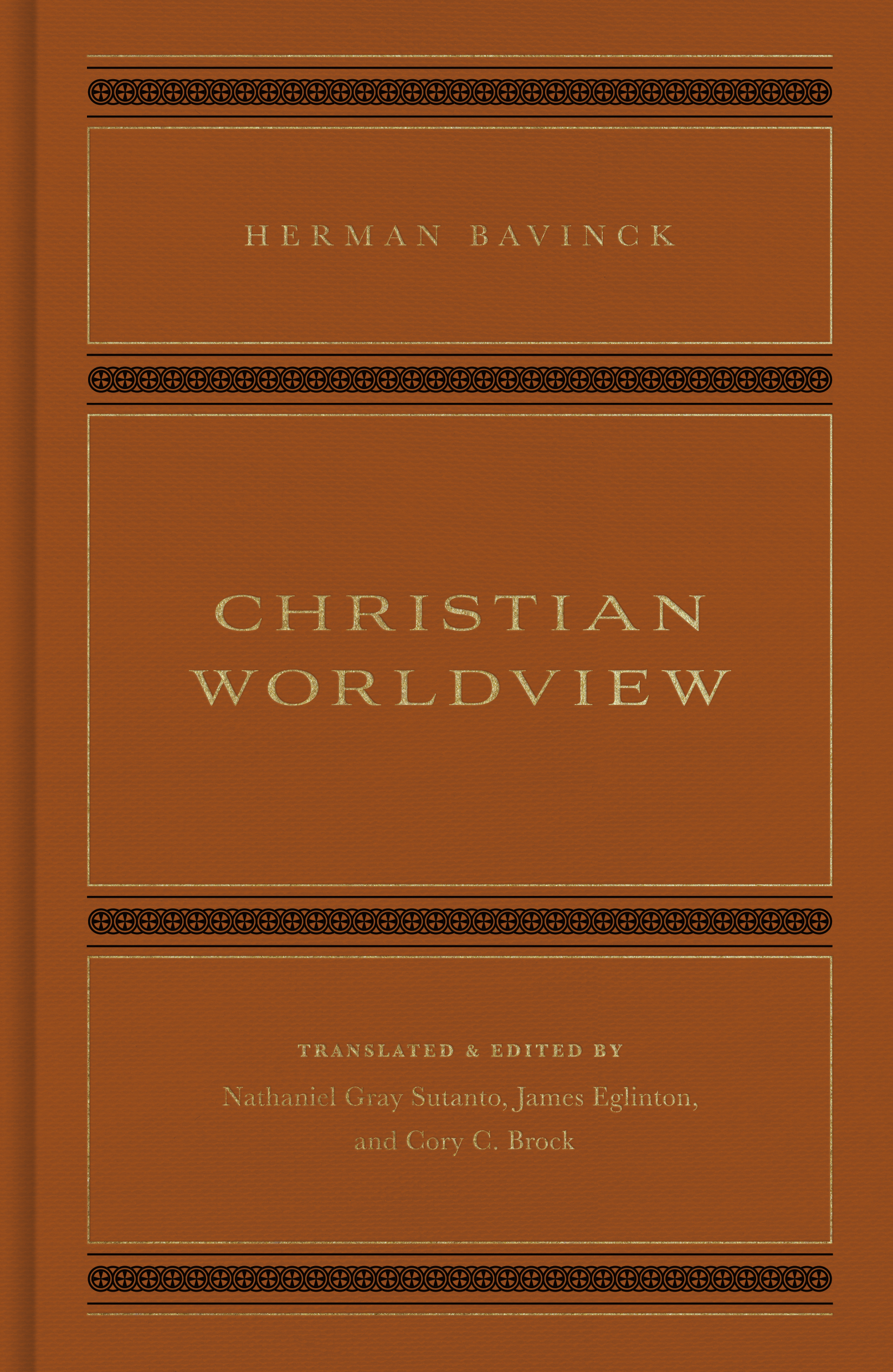We live in an era of shifting paradigms. Truths that have seemed self-evident are now crumbling. And we encounter a confusing world of both dogmatism and post-truthism. Since the church has not remained neutral, it often comes under attack for its stances.
How then shall we respond? Do we bend to changing ideologies? Do we double down on what we have always held as true even if that would make us appear antiquated and irrelevant? Or is there some new way of packaging old thoughts that might make our worldview more palatable?
Dutch theologian Herman Bavinck lived in a tumultuous Europe during the late nineteenth and early twentieth centuries. T.C.W. Blanning describes Bavinck’s generation as one of, “ever-present awareness that ‘the ground [was] moving beneath their feet.”’ (10). It was in the uncertainty of this time that Herman Bavinck would issue a short yet provocative discourse on the Christian worldview in light of an increasingly post-Christian philosophical landscape. For the first time ever, Crossway has made this work available in an English translation.

Christian Worldview
Harman Bavinck
The problems that confront the human mind always return to these: What is the relation between thinking and being, between being and becoming and between becoming and acting? What am I? What is the world, and what is my place and task within this world? Autonomous thinking finds no satisfactory answer to these questions—it oscillates between materialism and spiritualism, between atomism and dynamism, between nomism and antinomianism. But Christianity preserves the harmony [between them] and reveals to us a wisdom that reconciles the human being with God and, through this, with itself, with the world, and with life.
Rather than summarizing his work, I want to persuade you to read it. Here are two reasons why Bavinck’s Christian Worldview is a must-read for Christians wanting to bolster their faith and engage their culture.
Familiarity with our time
It is not uncommon for a generation to assume that its own time is unique. Although we might face challenges in different ways, the core of the conflict is often more common. Bavinck’s descriptions of the world he found himself in are familiar in a very settling way.
Besides a historical sensibility, which glorifies all existence, we discover a revolutionary impulse that despises the historical. Repristination and emancipation wrestle with each other for the plunder. Marx and Nietzsche work together to curry the public’s favor. Between socialism and individualism, between democracy and aristocracy, between classism and Romanticism, between atheism and pantheism, between unbelief and superstition, civilized humanity swings back and forth (24).
Bavinck adds, “We no longer need God. There is no place for him in our world (25).” And, “Although there are thousands who confess with their mouths that not only Christianity but all religion is finished, the number of those who call for a new religion, a new dogma, and a new morality increases day by day (25).”
Although Bavinck’s time is now a century past, the world in which he found himself is very much our own. The challenges he faced are our challenges, and the solutions he proposes remain valid.
Faithful and wise
After stating the challenges of his time, Bavinck follows with the simple statement, “But there is no reason for despondency” (27). This call for calm is not an expression of naiveté, it is an expression of confidence. Bavinck was unshaken by the shifting sands of his day because he was convinced of the rock on which he stood.
I’ll not go into the meat of Bavinck’s argument here because I want you to read the book for yourself. Instead, I’ll leave you with a teaser from the concluding lines of his introduction.
The problems that confront the human mind always return to these: What is the relation between thinking and being, between being and becoming and between becoming and acting? What am I? What is the world, and what is my place and task within this world? Autonomous thinking finds no satisfactory answer to these questions—it oscillates between materialism and spiritualism, between atomism and dynamism, between nomism and antinomianism. But Christianity preserves the harmony [between them] and reveals to us a wisdom that reconciles the human being with God and, through this, with itself, with the world, and with life.






















